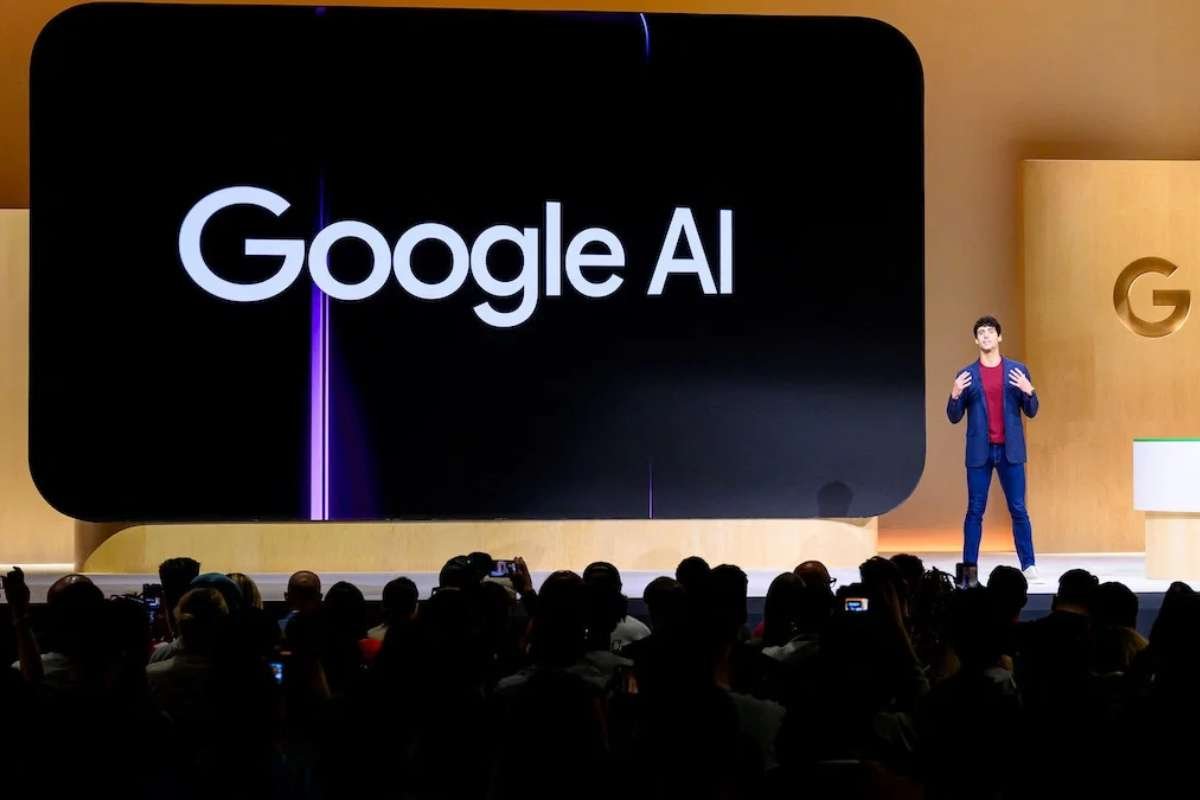Google Alters AI Principles Amid Rising Global Competition
In a significant shift from its previous ethical stance, Google Revises AI Ethics by lifting restrictions on the use of AI in weapons and surveillance. The company’s 2018 guidelines explicitly banned AI applications in four key areas: weaponry, surveillance, technologies that could cause overall harm, and any use that violates international law or human rights. However, with rapid advancements in AI and increasing global competition, Google has updated its policies to allow AI integration in defense and national security.
Demis Hassabis, the head of AI at Google, and James Manyika, senior vice president for technology and society, announced the change in a recent blog post. They emphasized the necessity for companies in democratic nations to collaborate with governments in AI development. “There’s a global competition taking place for AI leadership within an increasingly complex geopolitical landscape,” wrote Hassabis and Manyika. “We believe democracies should lead in AI development, guided by core values like freedom, equality, and respect for human rights.”
The revised principles prioritize human oversight and feedback mechanisms to ensure AI adheres to international law and human rights standards. Google has also committed to rigorous testing of AI systems to minimize unintended harm, reinforcing the company’s pledge to ethical AI development.
From Internal Protests to Policy Shift: Google’s Changing Stance on Military AI
Google Revises AI Ethics, marking a stark contrast to its earlier policies shaped by employee protests against military involvement. In 2018, Google faced significant backlash over its contract with the Pentagon under Project Maven, which used AI to analyze drone footage. Thousands of employees signed an open letter urging the company to withdraw from the project, stating, “We believe that Google should not be in the business of war.” The controversy led Google to cancel its involvement and reaffirm its commitment to keeping AI out of military applications.
However, the technological landscape has evolved significantly since then. The rise of AI-driven defense initiatives across the globe has prompted many tech companies to reassess their stance. Google’s latest move indicates a broader industry trend where tech firms are increasingly engaging with government and military bodies to develop AI-powered defense tools. The company’s leadership now argues that democratic nations must set AI standards rather than leave the field open to authoritarian regimes.
AI Advances and Shifting Regulatory Landscape Drive Google’s New Strategy
Since OpenAI introduced ChatGPT in 2022, AI technology has developed at an unprecedented pace, while regulations have struggled to keep up. This rapid evolution has pushed Google to adapt its AI policies, easing previous restrictions that may have limited its involvement in strategic sectors.
Hassabis and Manyika acknowledged that AI frameworks from democratic countries have significantly influenced Google’s understanding of AI’s risks and opportunities. By modifying its ethical guidelines, Google aims to balance innovation with responsibility, ensuring that AI is developed and deployed under transparent and accountable systems.
Google Revises AI Ethics, underscoring the growing recognition of AI as a key asset in national security. This policy shift reinforces the company’s position in an increasingly competitive global AI race.









